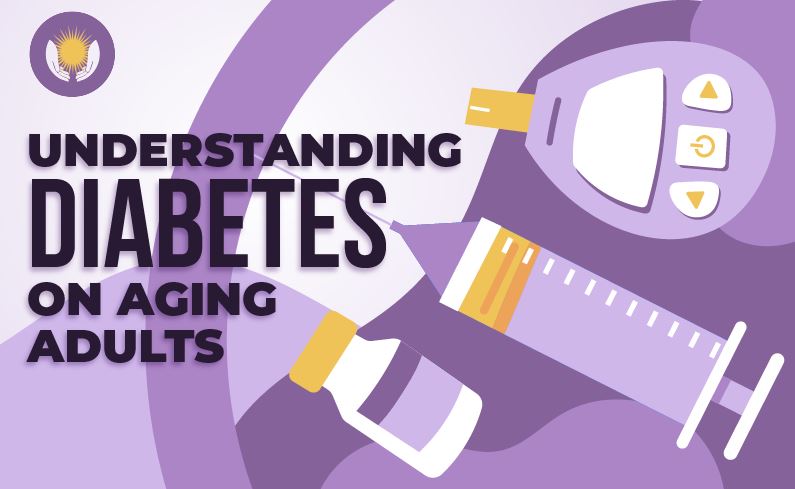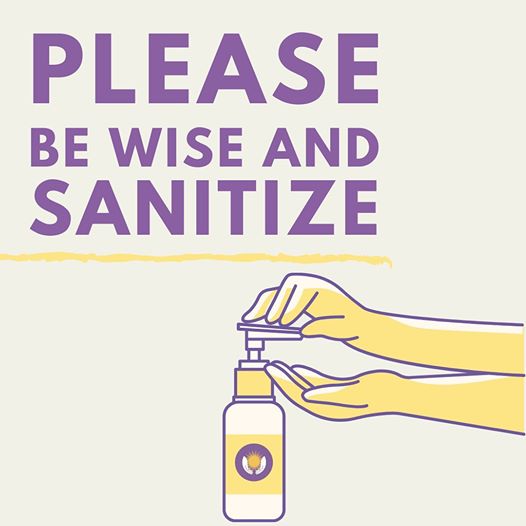Depression in Older Adults

Feelings of sadness and occasional “blue” moods are normal in older adults. However, lasting depression is not a typical part of aging. Depression in older adults is more common than one would think, but it isn’t easily recognized and diagnosed because of its symptoms. Thankfully, there are ways to identify and treat depression that can allow an elder to live their life to the fullest.
Some seniors may disregard symptoms of depression such as restlessness, tiredness and sadness—assuming that they are signs of getting older, and that they will go away eventually. Others assume that these are just side effects of the medications they are taking.
What many fail to realize is that depression is a serious health condition that requires treatment. Its symptoms affect every aspect of one’s life, including energy, appetite, sleep, and interest in work, hobbies, and relationships. Moreover, depression can lead to more severe health issues, and can put one at risk of a heart attack.
Depression also increases the risk of suicide, especially in elderly white men. The suicide rate in people ages 80 to 84 is more than twice that of the general population. The National Institute of Mental Health considers depression in people age 65 and older to be a major public health problem.
Recognizing depression in the elderly begins with knowing its signs and symptoms. Some red flags for depression include:
|
|
To make things more complex, many depressed seniors do not necessarily feel sad, but suffer from low motivation, a lack of energy, as well as physical problems. Physical pain can also be symptom of depression, which can be mistaken for Arthritis.
What causes depression in older adults?
Clinical depression is commonly diagnosed in the elderly because of physical, psychological, emotional and medical factors.
Physical and medical causes
Any chronic medical condition, particularly if it is painful, disabling, or life-threatening, can lead to depression or make depression symptoms worse.
- Physical conditions like stroke, hypertension, atrial fibrillation, Parkinson’s disease, diabetes, cancer, dementia, and chronic pain further increase the risk of depression.
- Certain medicines or combination of medicines
- Damage to body image (from amputation, cancer surgery, or heart attack)
- Genetic: Family history of major depressive disorder
Emotional and psychological factors:
- Fear of death
- Living alone, social isolation
- Retirement
- Relocation
- Loss of purpose
- Self-neglect
- Loss of social support systems due to the death
Grief vs. Depression
Distinguishing between grief and clinical depression isn’t always easy, since they share many of the same symptoms. As you age, you experience many losses. Loss is painful—whether it’s a loss of independence, mobility, health, your long-time career, or someone you love. Grieving over these losses is normal and healthy, even if the feelings of sadness last for a long time.
Grief is an emotional roller coaster involving a wide variety of emotions and a mix of good and bad days. Given this, even when you’re in the middle of the grieving process, you will have moments of pleasure or happiness.
With depression, on the other hand, the feelings of emptiness and despair are constant.
What Treatments Are Available for Depression in the Elderly?
There are several treatment options available for depression. They include medicine, psychotherapy or counseling, electroconvulsive therapy and other newer forms of brain stimulation, such as repetitive transcranial magnetic stimulation. Sometimes, a combination of these treatments may be used.
Here are other ways you can help:
o Engage them. Isolation and disconnection only make depression worse. The more engaged they are—socially, mentally, and physically—the better they’ll feel.
o Give them a purpose. Give them tasks and simple chores so that they can regain a sense of purpose. Help them to feel needed and appreciated.
o Change their mindset. Having too much time on their hands may be leaving room for negative thoughts. Change the way they see their world. Help them believe that they can still socialize, learn and enjoy life despite their age.
o Learn something. Allow them to distract themselves with a new skill, a new hobby or a new past time.
o Socialize. Let them join groups that have the same interests as they do. There they can meet new people while doing the things they love.
o Make them laugh.Laughter provides a mood boost, so swap humorous stories and jokes with your loved ones, watch a comedy, or read a funny book.
o Get enough zzz’s. A lack of sleep makes depression worse. Aim for somewhere between 7 to 9 hours of sleep each night.
o Focus on their health. Our body naturally releases happy hormones when we’re healthy. Serve them healthy food and encourage them to keep moving through exercise.



Comments